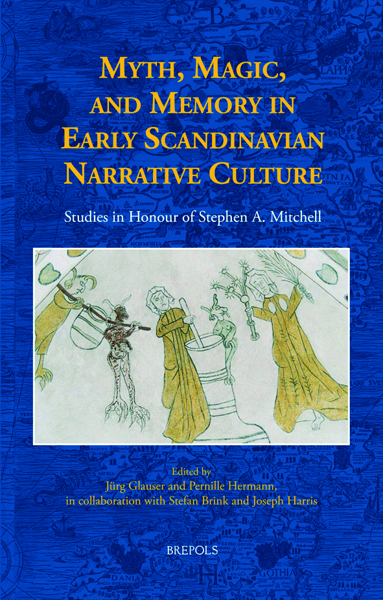Building the nation: N. F. S. Grundtvig and Danish national identity
 Denmark became a nation amidst the turbulence of the nineteenth century, an era plagued by war, bankruptcy, and territorial loss. Building the Nation is an insightful study of this formation, emphasizing the crucial role of N.F.S. Grundtvig, the father of modern Denmark.
Denmark became a nation amidst the turbulence of the nineteenth century, an era plagued by war, bankruptcy, and territorial loss. Building the Nation is an insightful study of this formation, emphasizing the crucial role of N.F.S. Grundtvig, the father of modern Denmark.
Persevering through years of humiliation, internal conflict, and occupation, Denmark now boasts one of the world’s most stable and democratic political systems, as well as one of its richest economies. From disaster to success, Building the Nation emphasizes the role of national icons and social movements in the formation of Denmark. The poet, political philosopher, clergyman, and founding father N.F.S. Grundtvig is compared to Rousseau and Durkheim in France, to Herder and Fichte in Germany, and to other great thinkers in the United States and Ireland. During his lifetime, the kingdom of Denmark transformed from monarchy to democracy and moved from agrarianism to a modern economy — evolutions to which Grundtvig himself contributed. He has become a fundamental and inescapable reference-point for discussions about nation, democracy, freedom, religion, and education in Denmark and abroad.
Situating Grundtvig in both the history of Denmark and the intellectual history of nineteenth-century Europe, Building the Nation argues for the centrality of his influence in the making of modern Denmark, as well as the continuing influence of his work.
zum Buch im ULB-KatalogPlus
zum Buch auf der Verlags-Website
Myth, Magic, and Memory in Early Scandinavian Narrative Culture: Studies in Honour of Stephen A. Mitchell
 Myth, magic, and memory have together formed important, and often intertwined, elements to recent studies in the narrative culture of Viking-Age and Medieval Scandinavica. Analytical approaches to myth (prominent in the fields of history of religion, archaeology, language, and literature, and central to studies of visual cultures up to modern times), magic (drawing on a wealth of Norse folkloric and supernatural material that derives from pre-modern times and continues to impact on recent practices of performance and ritual), and memory (the concept of how we remember and actively construe the past) together combine to shed light on how people perceived the world around them.
Myth, magic, and memory have together formed important, and often intertwined, elements to recent studies in the narrative culture of Viking-Age and Medieval Scandinavica. Analytical approaches to myth (prominent in the fields of history of religion, archaeology, language, and literature, and central to studies of visual cultures up to modern times), magic (drawing on a wealth of Norse folkloric and supernatural material that derives from pre-modern times and continues to impact on recent practices of performance and ritual), and memory (the concept of how we remember and actively construe the past) together combine to shed light on how people perceived the world around them.
Taking the intersection between these diverse fields as its starting point, this volume draws together contributions from across a variety of disciplines to offer new insights into the importance of myth, magic, and memory in pre-modern Scandinavia. Covering a range of related topics, from supernatural beings to the importance of mythology in later national historiographies, the chapters gathered here are written to honour the work of Stephen A. Mitchell, professor of Scandinavian Studies and Folklore at Harvard University, whose research has heavily influenced this multi-faceted field.
zum Buch im ULB-KatalogPlus
zum Buch auf der Verlags-Website
